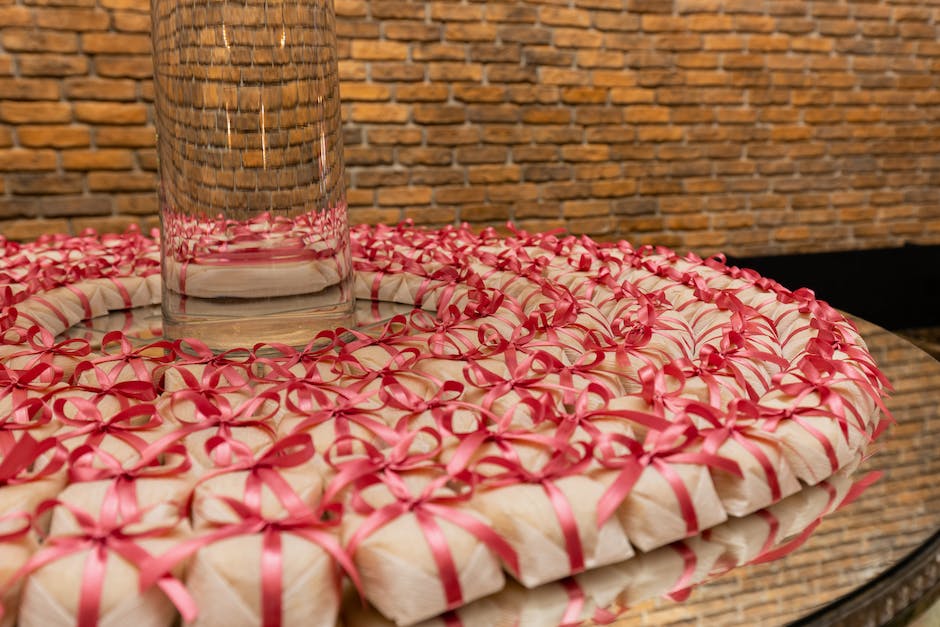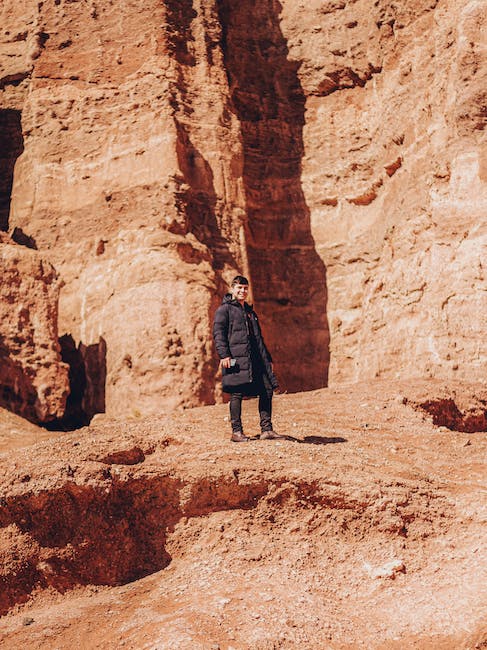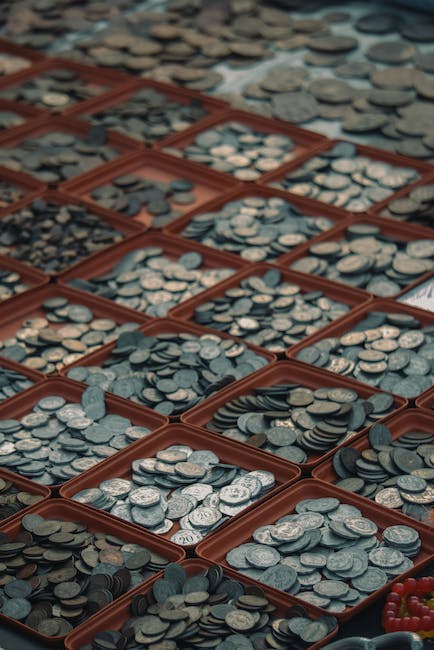Ah, solo travel. There’s nothing quite like the sense of adventure that comes with exploring a new place on your own terms. But if there’s one thing that can add some stress to your trip, it’s the thought of buying travel gifts for friends and family back home. Luckily, with a little bit of planning and creativity, you can budget for travel gifts without breaking the bank. Here’s how:
1. Determine Your Travel Budget

Before you start shopping for travel gifts, it’s important to know how much you can realistically spend on them. This means taking a close look at your travel budget and seeing where you can allocate extra funds for gift-giving. If you haven’t created a travel budget yet, start by adding up all of your anticipated expenses, such as transportation, lodging, food, activities, and souvenirs. Once you have an idea of how much you’ll spend on these items, you can determine how much you can afford to allocate for gifts.
When you’re determining your gift budget, keep in mind that you don’t have to buy something for everyone you know. Focus on the people who are most important to you, and don’t feel pressured to buy something for acquaintances or distant relatives.
2. Plan Ahead

One of the best ways to save money on travel gifts is to plan ahead. This means starting your shopping early and keeping an eye out for deals and sales. Before you leave for your trip, make a list of everyone you want to buy for and come up with some general gift ideas. This will help you stay on track and avoid impulse purchases.
Once you arrive at your destination, take some time to explore local markets, shops, and art galleries. Don’t be afraid to ask locals for recommendations on the best places to find unique gifts. Keep an eye out for items that are locally made, as these will be more unique and meaningful than mass-produced souvenirs.
3. Stick to a Theme

If you’re looking to buy gifts for multiple people, consider sticking to a theme. This will make your gift-giving process more organized and can help you stay within your budget. For example, if you’re visiting a beach destination, you can buy everyone on your list a beach towel or a piece of jewelry made from seashells. If you’re traveling to a foreign country, consider buying everyone a small book about the destination or a set of local spices.
Sticking to a theme also makes it easier to pack your gifts for the trip home. By buying similar items for everyone, you can use the same gift wrap or packaging and easily fit everything into your luggage.
4. Avoid Tourist Traps

While it may be tempting to buy souvenirs from the gift shops that line the streets of touristy areas, the prices are often marked up significantly. Instead, seek out local markets, food stalls, and artisan shops where you can find authentic gifts at more reasonable prices. These places also tend to have a better selection of items that are locally made or unique to the region.
Another way to avoid tourist traps is to explore neighborhoods that are off the beaten path. These areas often have local shops and markets that cater to residents rather than tourists.
5. Use Local Currency

When shopping for travel gifts, it’s important to use the local currency instead of relying on credit cards or exchanging money at the airport. This not only saves you money on foreign transaction fees but can also help you negotiate better prices with local vendors. Many small shops and markets don’t accept credit cards, so having cash on hand will also give you more shopping options.
Just make sure to exchange your money at a reputable exchange bureau, as some places may charge high fees or give you a poor exchange rate.
6. Consider Handmade Items

Handmade items are often more unique and meaningful than mass-produced gifts. You can find handmade items at local markets or from street vendors, and they can be anything from jewelry to pottery to scarves. These gifts not only support local artisans and their families, but they also have a special story to tell.
If you’re not sure where to find handmade gifts, ask locals for recommendations or check out online marketplaces like Etsy. Just be sure to account for any shipping costs or customs fees if you’re having the gifts shipped to your home country.
7. Don’t Overpack

Remember that you have limited space in your luggage, and overpacking gifts can add extra weight and fees to your travels. Stick to smaller items or gifts that are lightweight, such as postcards, keychains, or small trinkets that represent the local culture. If you’re buying something larger, consider shipping it home instead of packing it in your luggage.
Another way to avoid overpacking is to consolidate your gifts. If you’re traveling with a friend or family member, consider combining your gift lists and buying joint presents instead of individual gifts.
8. Use Repurposed Items

If you’re on a tight budget, consider repurposing items you already have to create unique gifts. For example, you can turn a map into a cute bookmark or frame a photo you took on your travels. These gifts show your creativity and can be more thoughtful than store-bought items.
Another way to repurpose items is to use them in your gift wrap. For example, you can wrap a gift in a scarf or use a small tote bag as a gift bag. This not only makes your gift more eco-friendly but also adds an extra layer of thoughtfulness.
9. Shop Tax-Free
Some countries offer tax-free shopping for tourists, which means you can save on the overall cost of your gifts. Make sure you keep all of your receipts and ask about tax-free shopping at the stores where you make purchases. In some cases, you may have to fill out a form or provide proof of residency in your home country.
Just keep in mind that even with tax-free shopping, it’s still important to consider the exchange rate and any fees associated with exchanging your money into the local currency.
10. Don’t Stress
At the end of the day, remember that travel gifts are a way to show your loved ones that you were thinking of them while on your travels. You don’t have to spend a lot of money to make a thoughtful gesture, and your friends and family will appreciate the sentiment behind your gifts, no matter what they are.
If you’re feeling overwhelmed or stressed about buying gifts, take a step back and focus on the joy of your travels. Remember that the memories and experiences you create while traveling are the greatest gift you can give yourself and your loved ones.








 You might also be interested in those articles related to solo traveling
You might also be interested in those articles related to solo traveling